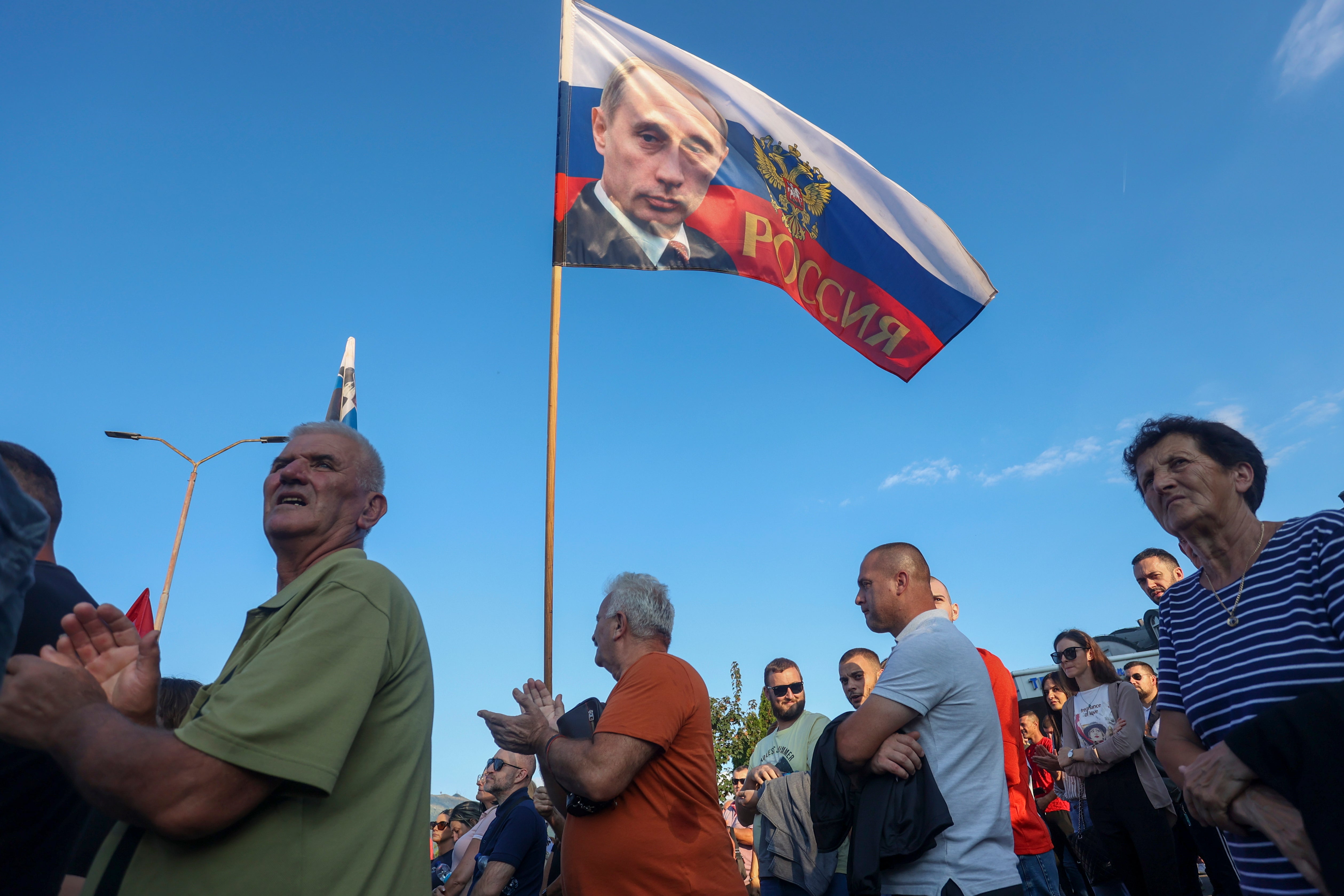Bosnia court confirms charges against Bosnian Serb leader Dodik for defying top international envoy
A court in Bosnia says it has confirmed an indictment against Bosnian Serb separatist leader Milorad Dodik on charges of defying the top international envoy overseeing peace in the Balkan country

Your support helps us to tell the story
From reproductive rights to climate change to Big Tech, The Independent is on the ground when the story is developing. Whether it's investigating the financials of Elon Musk's pro-Trump PAC or producing our latest documentary, 'The A Word', which shines a light on the American women fighting for reproductive rights, we know how important it is to parse out the facts from the messaging.
At such a critical moment in US history, we need reporters on the ground. Your donation allows us to keep sending journalists to speak to both sides of the story.
The Independent is trusted by Americans across the entire political spectrum. And unlike many other quality news outlets, we choose not to lock Americans out of our reporting and analysis with paywalls. We believe quality journalism should be available to everyone, paid for by those who can afford it.
Your support makes all the difference.A court in Bosnia said Monday it has confirmed an indictment against Bosnian Serb separatist leader Milorad Dodik on charges of defying the top international envoy overseeing peace in the Balkan country.
Bosnian prosecutors filed the charges last month but the indictment had to be approved by the court to become valid. If tried and convicted, Dodik could face up to five years in prison.
Dodik has rejected the charges and sought to present them as an attack on the Serb entity in Bosnia, which is called Republika Srpska and comprises about half of the country of some 3.2 million people. The other half is run by Bosnia's Bosniaks, who are mainly Muslim, and Croats.
Bosnia's two ministates were established in a 1995 peace deal that ended ethnic carnage in which more than 100,000 people died and millions were displaced. A shaky peace has persisted since then, but ethnic divisions remain deep as tensions recently escalated.
Dodik has constantly called for the separation of the Serb entity from the rest of Bosnia, undermining Western efforts at stability in the Balkans. He has faced U.S. and British sanctions for his policies but has had Russia's support.
Moscow also has backed Dodik's refusal to recognize the authority of envoy Christian Schmidt, claiming he wasn’t legally installed for the top peacekeeping job as the head of the Office of the High Representative in Bosnia. The office has the authority to change laws and replace officials who undermine peace.
Last week, Dodik threatened to arrest and deport Schmidt if he enters the Serb-controlled regions of the Balkan state. Dodik's supporters also have staged protests to back their leader.
There have been fears that Russia could try to stir trouble in the Balkans to avert some attention from its invasion of Ukraine.
The war in Bosnia erupted in 1992 after Serbs rebelled against Bosnia's independence from the former Yugoslavia and launched a land grab to form a state of their own that they aimed to join with neighboring Serbia.